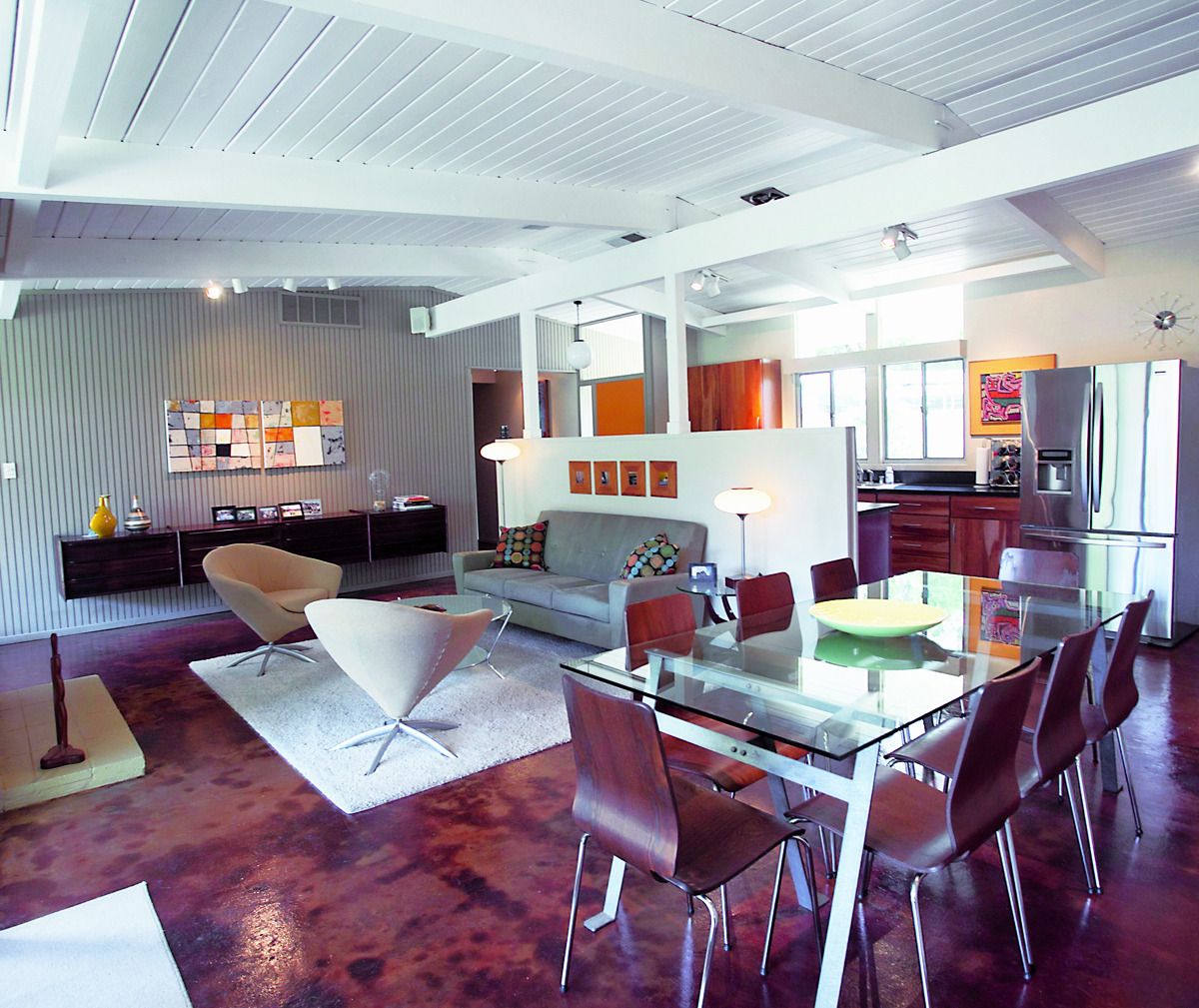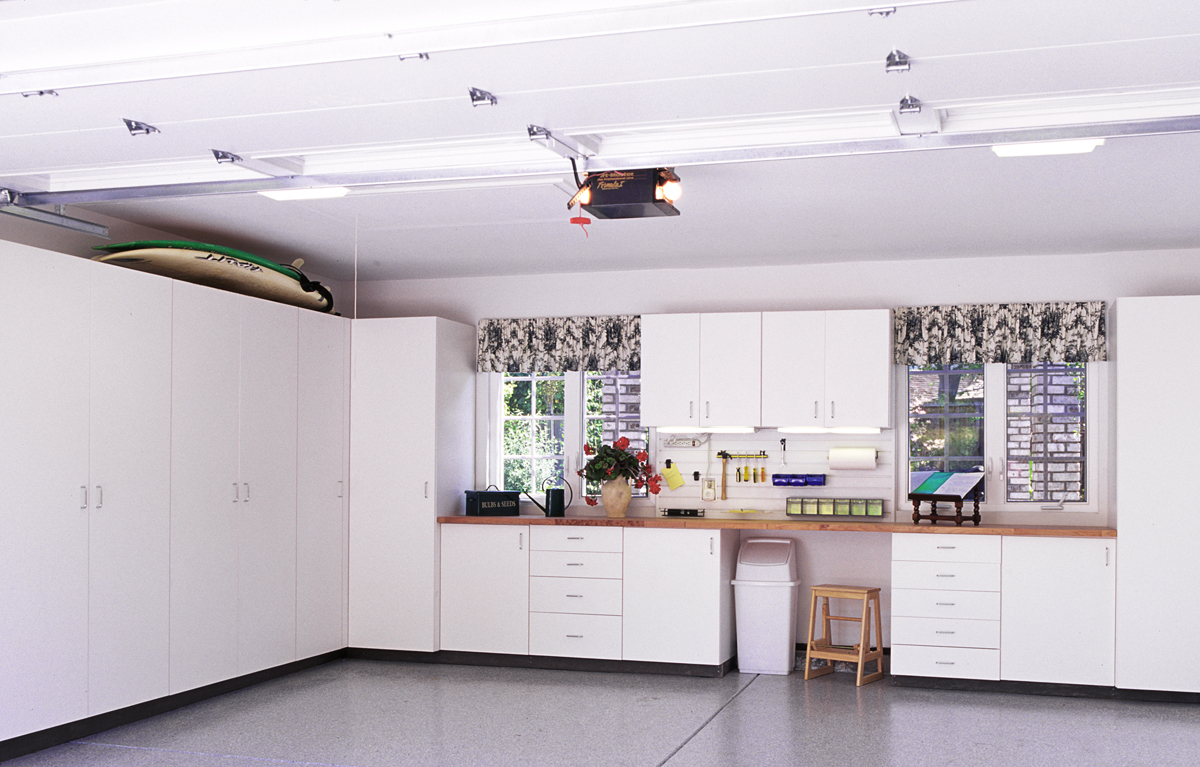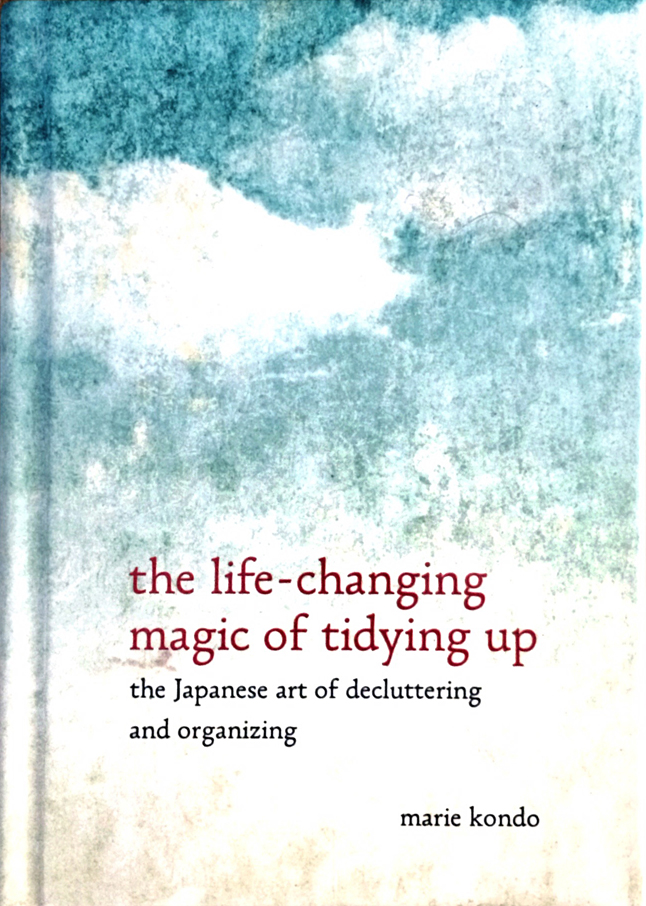Cleaning Up Your Act - Page 2
 |
 |
|
|
 |
|
|
 |
|
|
Lark says if you have a brain with strong executive function, you often see organizing as very cut and dry: if you're not using an item, get rid of it. Some people, however, operate from a place of fear: if they get rid of an object something bad may happen. "Their fear trumps their ability to be in the present, and they may hang on to items because they may have a use for it some day, and then you end up living for the some day instead of today," she says.
Her strategy to declutter with these clients begins with getting real. "If they say that they want a minimal aesthetic, but they can't get rid of 75 percent of their stuff, then we know that it's not a realistic goal."
Being organized helps people feel strong, calm, positive. "If people have a pile of laundry in front their closet, they can't get into their closet to hang things up," Poulos says. "If their home office has piles of paper in front of the filing cabinet, I ask, 'What are you blocking yourself from? What's going on?' Sometimes it's as simple as having no place to put it, and sometimes it's another struggle."
There are a few simple places to start that can boost confidence, like your jeans collection. Lark recommends opening up your jeans drawer and letting go of the bottom third of jeans you own—the ragged ones you never wear. "Statistically, we only use 20 percent of what we own," she says.
For the home office, it's really about storing all important tax-related and ownership-related documents and purging what you don't have to keep. Trash old magazines, catalogs, and tax documents that are older than seven years.
Poulos' plan of attack is also based on the way each individual's brain is wired. "I've had clients say that they fight with their partner about how to organize things, but there is no right way or better way to do it; we all have different styles.
"I'm not a minimalist myself, and I understand why people want to keep stuff. I have lots of paint and specialty stuff pertaining to my hobby of painting furniture. As an organizer I know that if I do not group and containerize these things in clear Sterilite bins, label them and arrange them on sturdy shelving—going vertical is key in organizing—then, why keep them?"
Much of Poulos' approach also goes back to gratitude. "I encourage my clients to express how grateful they are that they could afford this item, and now it can uplift someone else's life by passing it along to charity."




